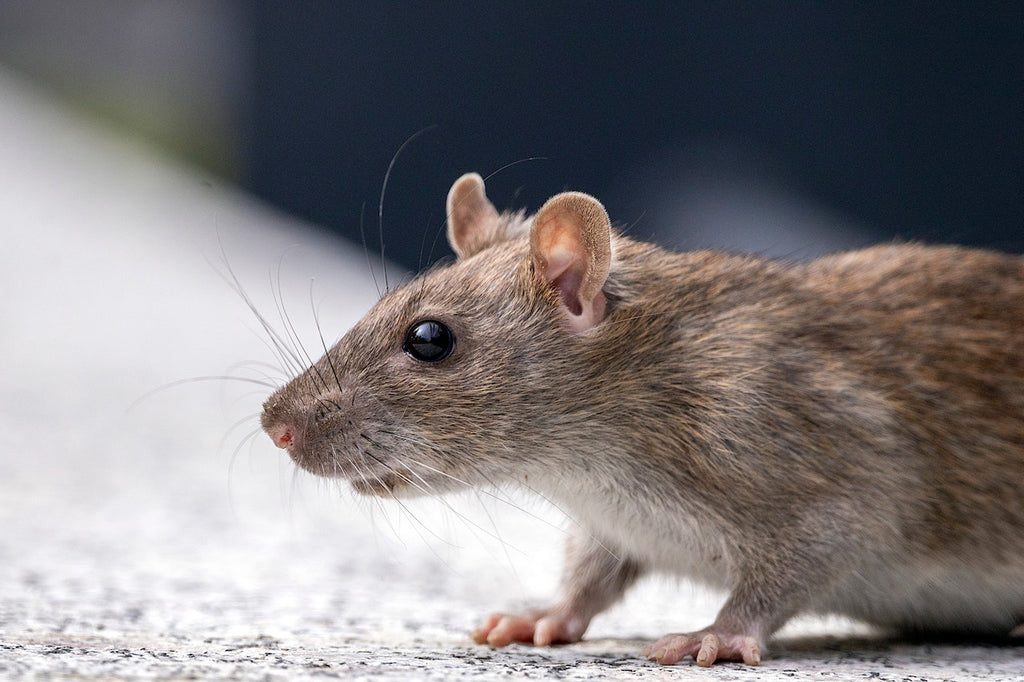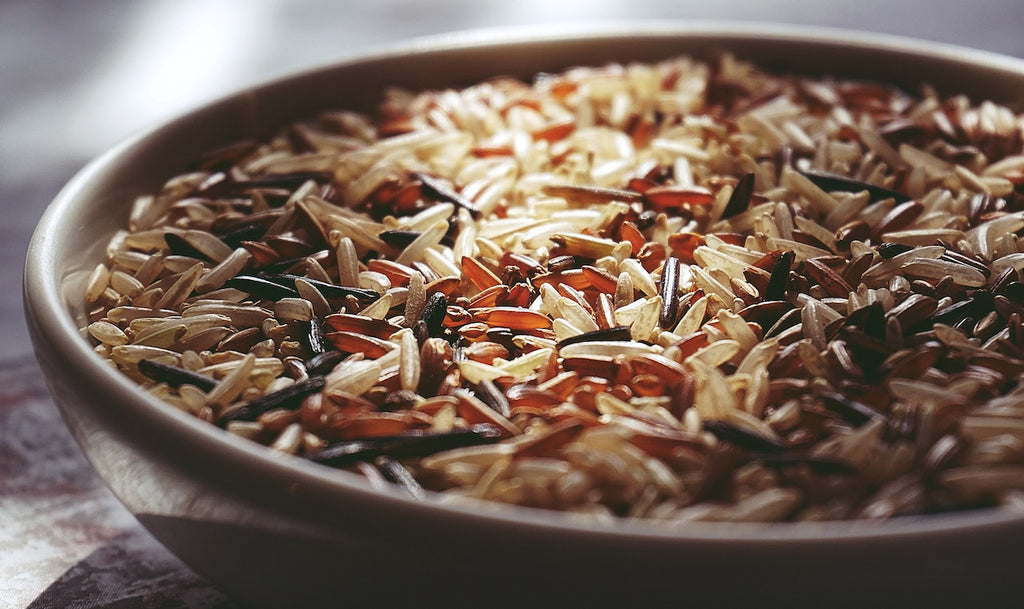
Rats can eat many human foods, including seeds and grains. However, can rats eat rice? Is rice safe for rats? If so, what are the health benefits and risks associated with feeding rice to rats?
Rice is one of the world’s oldest grains and has been cultivated by people for many years. It is an everyday food for more than half of the world’s population and Asia cultivates about 90% of the world’s rice.
There are many kinds of rice, but they can be divided into white or brown (whole grain) based on how farmers cultivate them.
Even though brown rice has more health benefits, white rice is the most popular kind of rice. Brown rice is available in many colors, such as purple, red or black.
Rice is often used to produce a wide range of foods, including rice milk, rice flour, rice syrup and rice bran oil.
Can Rats Eat Rice?
Yes, rats can eat rice in moderation. Rats can eat cooked and raw rice because they have strong teeth. Rats can also eat both white and brown rice. However, brown rice is healthier than white rice. Brown rice has more vitamins, minerals, and fiber, so it should be preferred.

Is Rice Safe for Rats?
Rats can eat rice without any problems. A rat's health benefits from the numerous vitamins, minerals, and other nutrients found in rice.
However, just like with any other food, be mindful of the quantity of rice that you give to rats. Do not just give rats the same food every time. A varied diet is the best choice for rats.
Giving rats rice on occasion won't harm them, even if it shouldn't be a frequent part of their diet. However, if you're eating rice at home, don't hesitate to give some to your pet rat so that it can eat with you.
Rice is a rich source of calories from carbohydrates. Calories are important for any living thing because they provide the energy required to survive.
Everything humans and other animals do is powered by calories. Foods that are rich in calories are appropriate for rats in moderation as long as the pet rat is in a good form, that is, not visibly overweight.
Additionally, rice offers proteins that are important for carrying out many functions of the body. These include the ability to generate muscle by young rats and to manufacture antibodies that protect the body from disease.
Moreover, rice has a healthy amount of fiber that lowers cholesterol levels, keeps the rat’s colon healthy and enhances stool quality. Fiber also prolongs the feeling of fullness in their stomach because it creates a sort of gel in the stomach as it passes through. Basically, fiber aids in both food digestion and bowel movement.
Health Benefits of Rice to Rats
Rice processing is the only difference between brown and white varieties. The brown rice kernels still contain the bran covering. White rice, however, has been washed away.
The presence of the bran layer makes brown rice more nutrient-dense than white rice, despite the fact that some white rice is healthy. Additionally, because of the bran layer, brown rice takes longer to cook. The rice that is most nutrient-dense is brown rice. The advantages of rice for rats include:
Reduces the Chance of Diabetes
Brown rice may improve blood sugar control in people with diabetes. Brown rice has a glycemic index of 55, but white rice has a glycemic index of 64, making it more likely to increase blood sugar levels. Numerous studies have shown that eating a lot of white rice increases the risk of diabetes.
Strengthens Heart Health
In comparison to other processed foods, whole grains like rice offer higher fiber. In addition to lowering cholesterol, fiber also helps to minimize the risk of heart attack and stroke. Fiber can help people feel full and might be an easy item to eat to maintain a healthy weight. Brown rice also contains vitamins and minerals that enhance the body's capacity to transport oxygen and perform other critical functions.
Reduces the likelihood of cancer
Three different types of phenolics, which are organic antioxidants found in plants, are present in brown rice. By stopping free radicals from damaging cells, antioxidants can reduce the risk of developing cancer. Both the bran layer and the germ, which is responsible for the reproduction of the grain, contain phenols. Brown rice is healthier than white rice because many of the phenolic compounds are lost when the bran is removed to create white rice.
Strengthens Digestive Health
Insoluble fiber included in rice helps promote regular bowel movements. Additionally, it can enhance bowel control and avoid hemorrhoids. Brown rice is a healthy meal option for people with celiac disease because it is gluten-free.
Risks Associated with Giving Rice to Rats
The grain of rice itself is not harmful to rats, but the harm could come from what is on the rice. Humans often eat rice accompanied with other foods, some of which may be spiced and salted in ways that are unpleasant for rats to consume.
A pet rat is much smaller that we are, so even small amounts of pepper or salt would cause them discomfort. Even spices that seem unimportant to humans can be problematic for rats. Therefore, you must make sure that the rice that rats eat is as flavorless as possible.
Additionally, the nutrition of your rats should be varied. Even though small amounts of rice occasionally are a healthy addition to the rat’s diet, rice should not make up too much of it.
The question of how much rice is too much has no definitive solution, but you can start by giving rats about one cup at a time and increase gradually if you notice that your rat is fine with it.
Since every rat is unique and has different preferences, observe how it affects them before adjusting the amount of rice you give them to eat.
Bottom Line
Rice can be eaten but brown rice is healthier for them than the white ones. Nevertheless, rats can consume both white and brown rice without any issues no matter if it is raw or cooked. However, the rice that you want to give rats should not contain any salt or seasoning.



